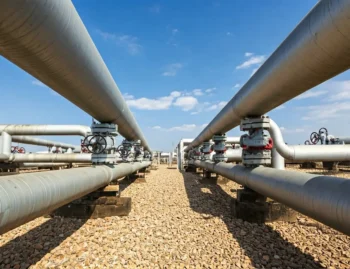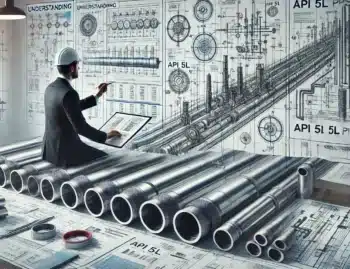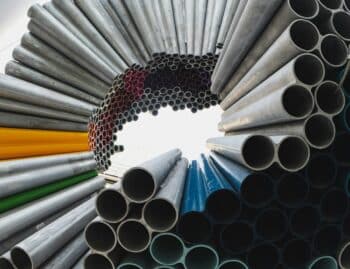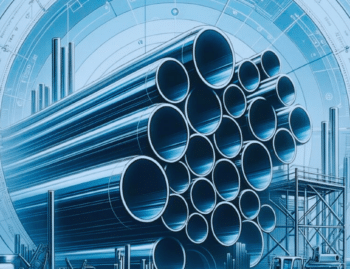If not, it could get leaks that cause flooding of water or raw sewage. This damage could add huge expenses for the repair of the building and the replacement of your belongings.
Making the Decision to Replace Old Pipes
It’s important that you find out what kind of plumbing your older building has. That way, you can determine how long you expect it to last and how safe it is.
Any inspection reports available for the building can help you see what kind of pipes were used when it was first built.
If that proves difficult, you can also seek the services of a trusted plumber to do an inspection and help you discover what the overall health is of your older building’s plumbing system.
Why Replace Old Pipes
If your older building’s plumbing is old, it probably has water pipes made of lead or iron, and if it has lead water pipes, they should definitely be replaced.
Lead pipes have highly toxic and corrosive elements that leak into the drinking water system of a building, which can affect your health negatively and maybe even cause death. Old iron pipes should also be replaced, as they tend to rust with time.
Many modern buildings use steel pipes, which are considered the superior choice.
Steel vs. Copper Pipes
Steel pipes for plumbing have always been a preferred choice for use in buildings because of their durability. They can last a lifetime. Other advantages are cost-effectiveness and resilience from extreme hot or cold temperatures, plus they’re also not affected by salt water washing over them.
Carbon steel is a more commonly used form of steel as it is less expensive to install.
Copper pipes have also been known to be used in plumbing. A known disadvantage to installing copper pipes is that copper can’t handle extreme cold temperatures. It causes the copper fittings to split.
This is also a much more expensive option than using steel pipes, because copper plumbing fittings are a lot more costly than steel ones. If you’re sticking to a particular budget, having copper pipes installed can blow it out of proportion.
Also, if the water in your building contains high levels of acid, the acidity can cause corrosion in copper plumbing.
The decisions you make for choosing the materials you plan to replace old pipes with depends on your budget and the kind of quality you want in the plumbing in your home.
One thing is for sure – when you’re certain that you need to replace your building’s pipes, getting more than one opinion from experts and learning as much as you can about the pros and cons of replacing your building’s pipes is advisable.
—
Federal Steel Supply: The preferred steel pipe provider of the global community since 1979.











